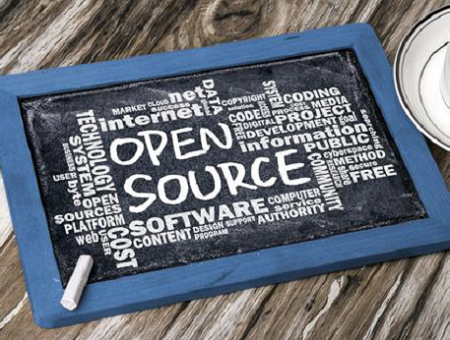Will Microsoft Keep LinkedIn's Commitment To Open Source?
Microsoft's acquisition of LinkedIn gives the software giant a social network for professional and business users. But does the deal threaten LinkedIn's ongoing involvement and commitment to the open source community?


9 Tech Giants Embracing The Open Source Revolution
9 Tech Giants Embracing The Open Source Revolution (Click image for larger view and slideshow.)
Microsoft on Monday, June 13, announced a plan to acquire professional and careers social media website and network LinkedIn for a record $26.2 billion. This deal marries Microsoft's focus on personal productivity of professionals via its Office 365 cloud-based personal productivity suite and other tools with the biggest and best-known cloud-based social network for professional and career networking.
It gives Microsoft a digital-native business and social network focused on a market already in Microsoft's wheelhouse -- business and professional users.
But as Microsoft surely realizes, LinkedIn is more than just a social media company.
LinkedIn is a data-driven company that has increasingly leveraged the big data its users generate to better serve those users. To do that LinkedIn has developed its own big data technologies internally and then contributed them to the open source community. The company has given away a lot of software including Apache Samza, Apache Kafka, Kafka Monitor, and most recently Photon ML, a machine learning library for Apache Spark.
LinkedIn's development DNA is very much about big data and open source.
"Open sourced software is no longer restricted to addressing small, low-level problems and for companies that can't afford to build it themselves," wrote LinkedIn vice president of engineering Igor Perisic in a LinkedIn Engineering blog post about the company's commitment to open source. "Today it is backed by a mature community that creates and adopts it on behalf of some of the world's biggest technology companies... It all starts by making your engineers better. They will grow in their craft by having their work exposed to the entire community."
[Can Microsoft beat rival Oracle in databases? Read Microsoft SQL Server 2016 Targets Oracle Customers.]
LinkedIn has not only incubated and nurtured these technologies and contributed them to the open source community. The company has also incubated data scientists who have gone on to prominent roles at other companies. For instance, wearables company Jawbone hired LinkedIn data scientist Monica Rogati as vice president of data in 2013.
And three of the top executives at Apache Kafka distributor Confluent are former data scientists at LinkedIn.
One of them, Confluent CEO Jay Kreps, told InformationWeek in an email after Microsoft announced the LinkedIn acquisition that from his perspective Microsoft has become more open to the idea of open source.
"The current generation of innovative data technologies has been largely open source, and LinkedIn has been a great supporter of this movement, sharing key technologies like Apache Kafka, Apache Samza and Apache DataFu," Kreps wrote. "Though not originally known as a proponent of open source, in the last year, Microsoft has begun to embrace open source quite significantly, and has even open sourced some of their own core technologies such as the .NET platform as well as support for Apache Kafka on .NET. I'm optimistic that this means they will make open source a priority and an ongoing component of this new combined company."
Microsoft does seem open to change since the company's former cloud chief Satya Nadella was appointed to the CEO job in February 2014.
LinkedIn is the Nadella's biggest acquisition since taking the top job. Microsoft's own transformation from a software license-based company to one that sells cloud services has accelerated under Nadella's leadership.
So will Microsoft embrace LinkedIn's open source commitment and DNA? Or will LinkedIn's open source contributions dwindle over time? In announcing the deal, Microsoft said LinkedIn would retain its distinct brand, culture, and independence. Let's hope that means that LinkedIn will also keep its open source commitment, too.
About the Author
You May Also Like






